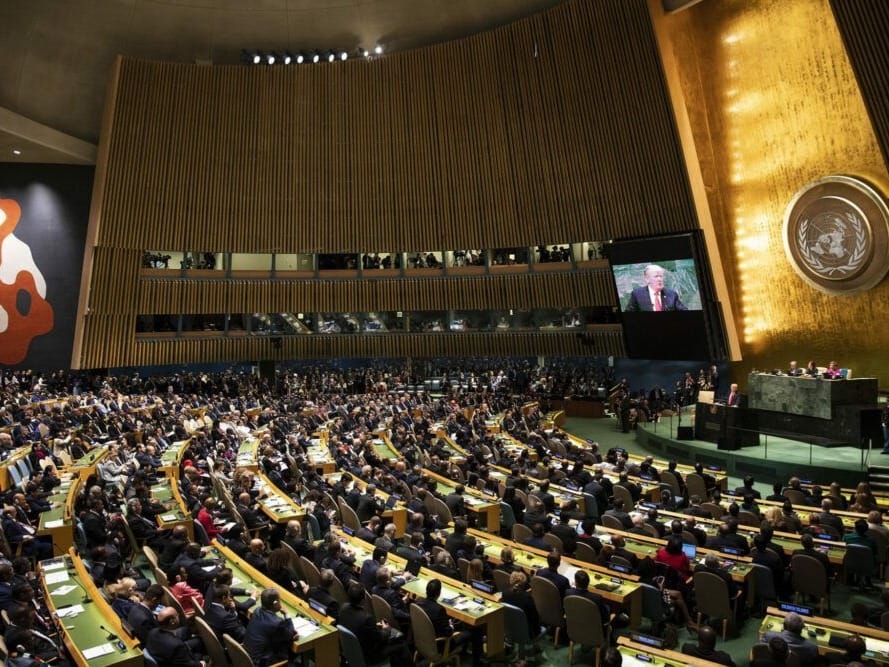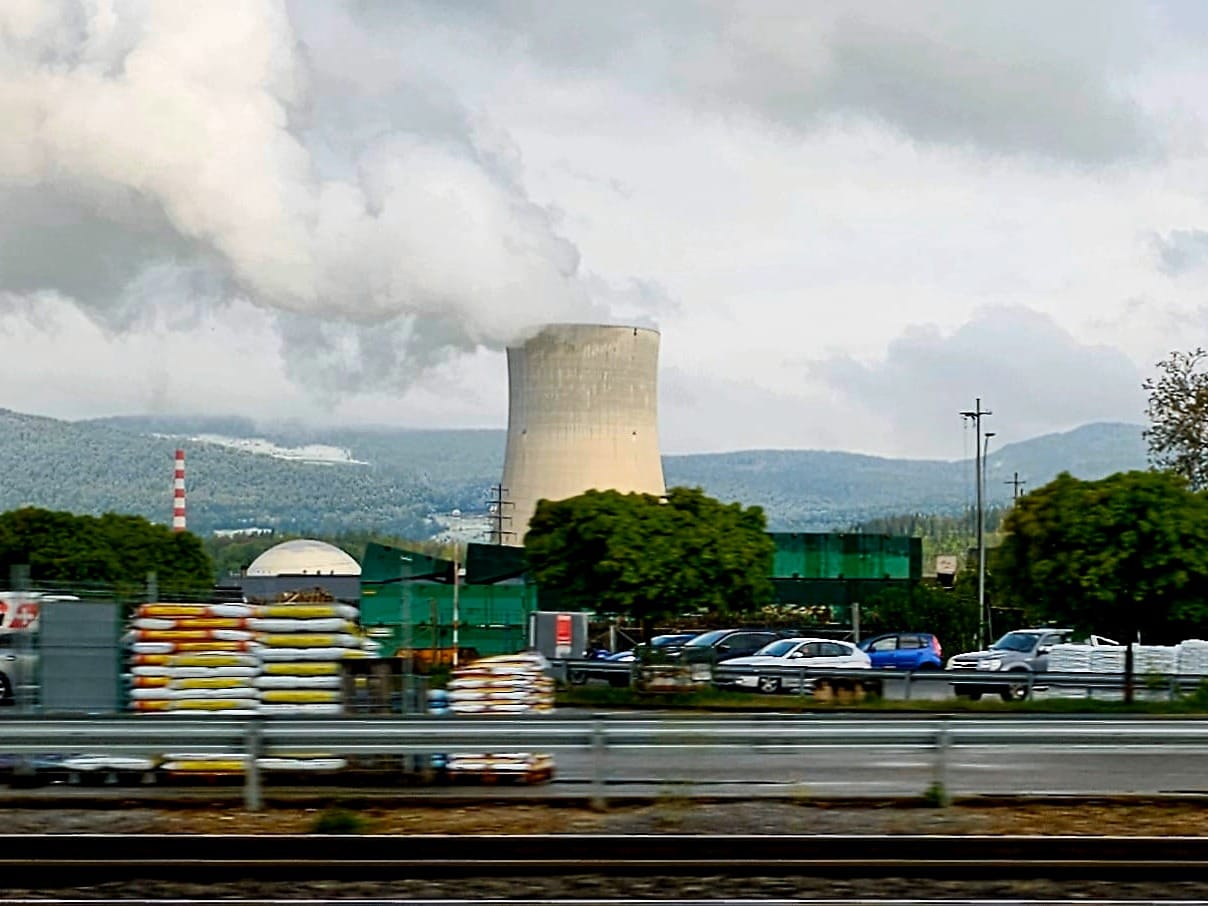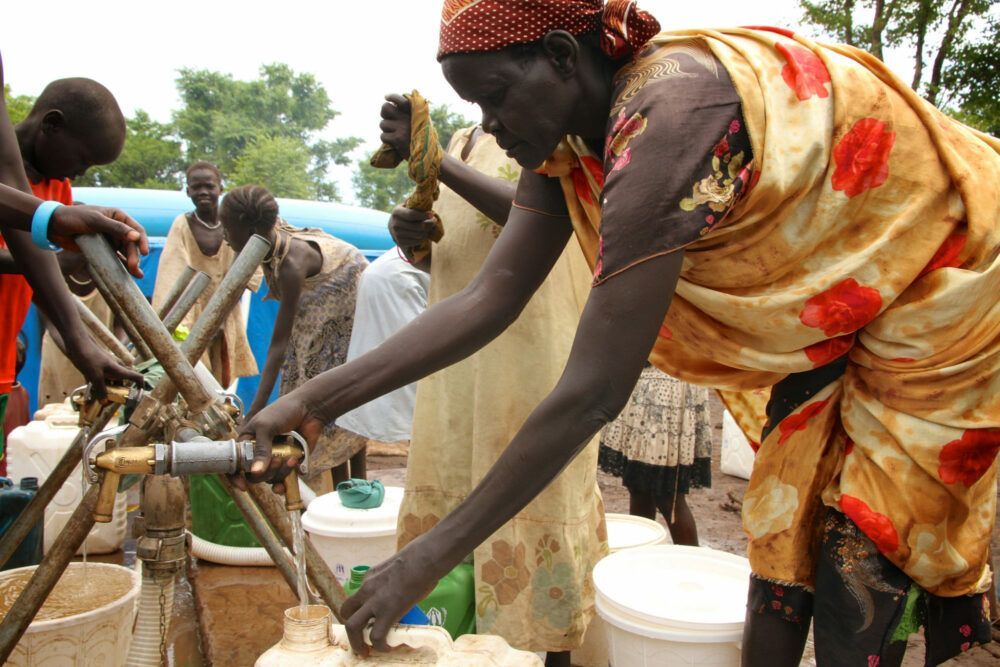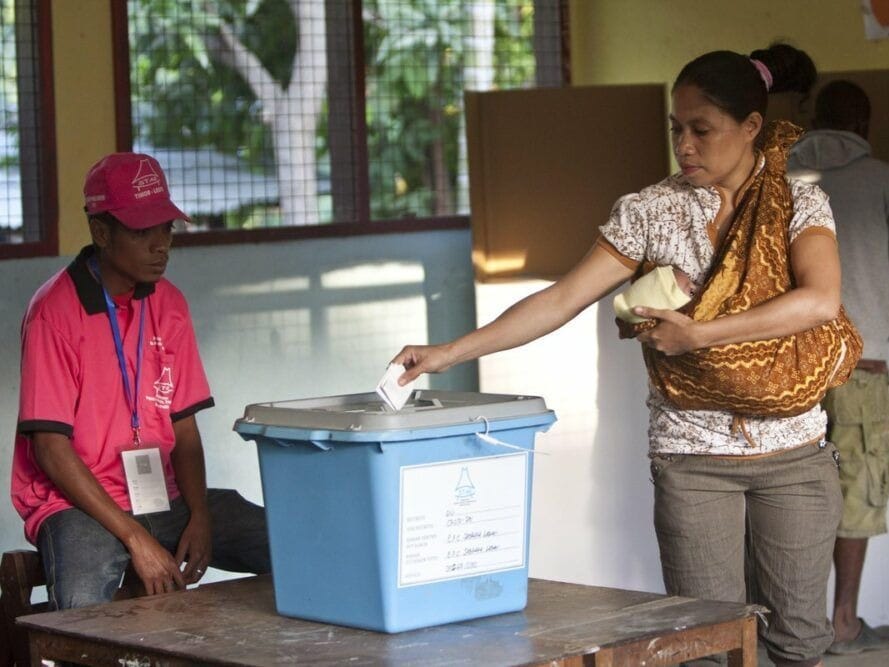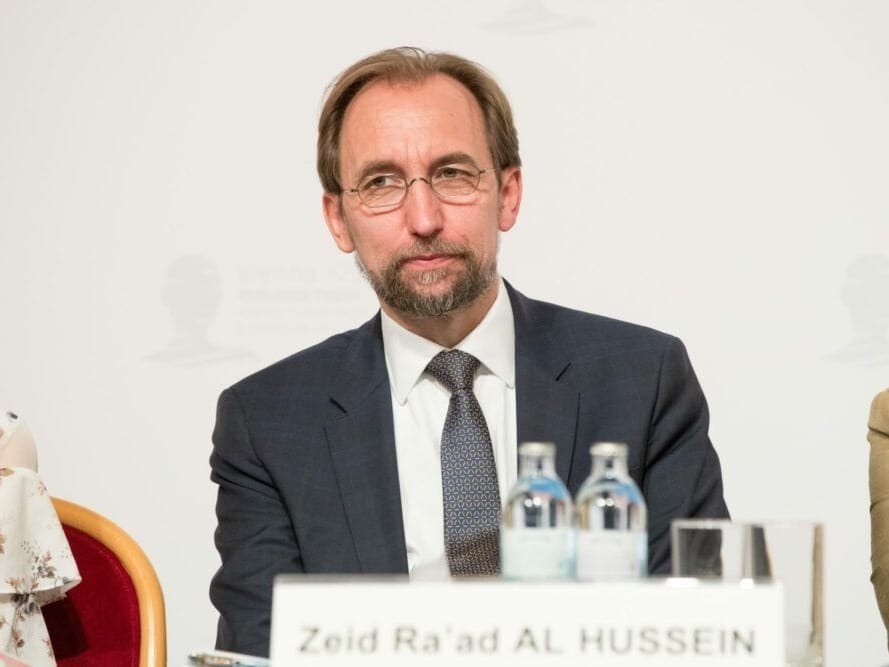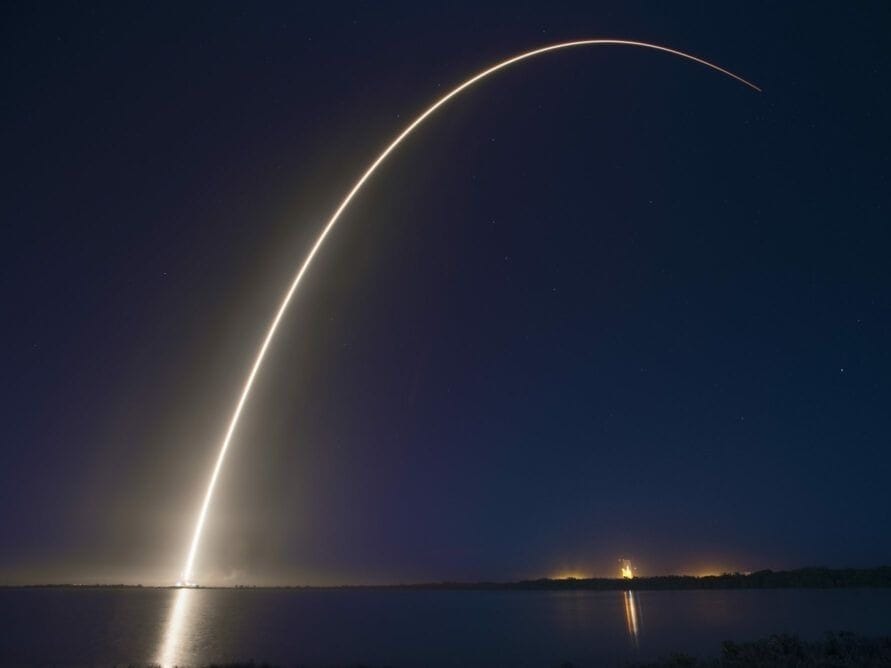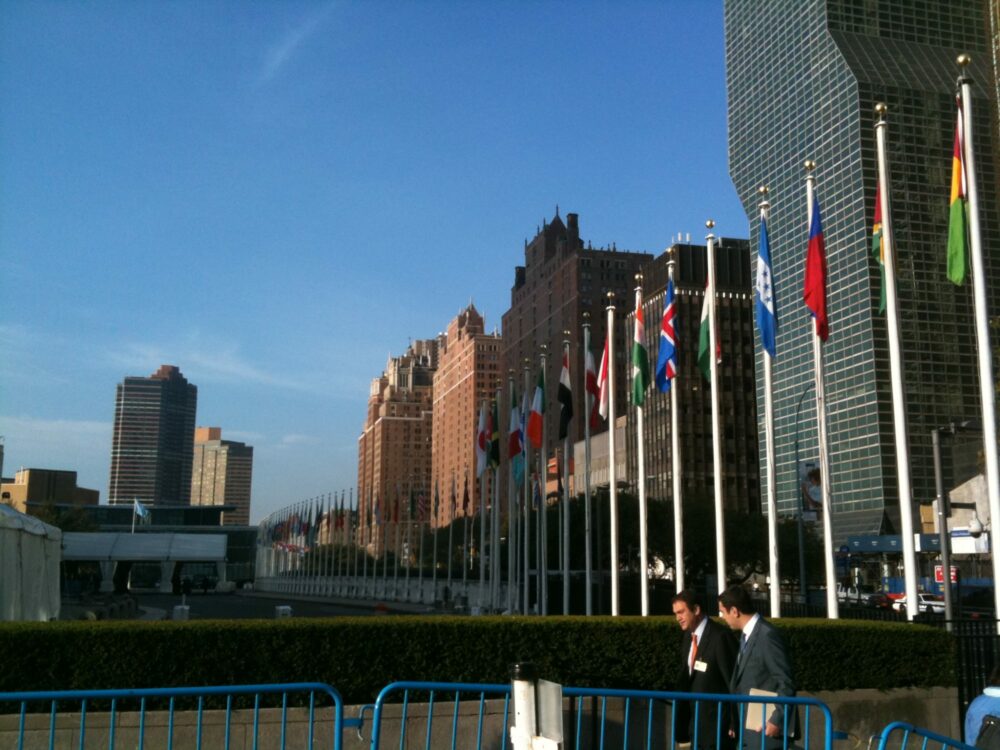
Fear of retaliation or job loss discourages U.N. whistleblowing
A new review of U.N. whistleblowing policies and practices by the U.N.'s Joint Inspection Unit showed little improvement.
Award-winning U.N.-accredited journalist, with 30+ years on four continents, almost half of it for AP in Washington, New York and Geneva.
A new review of U.N. whistleblowing policies and practices by the U.N.'s Joint Inspection Unit showed little improvement.
At the U.N. General Assembly, the U.S. president attacked the world body as a largely useless "global bureaucracy."
The picture is complicated by safety and environmental concerns and IAEA's dual roles as watchdog and promoter.
A U.N. panel identified six Myanmar military leaders it said should be prosecuted for genocide against Rohingya Muslims.
The concept of a demilitarization zone goes back almost a half-millennium to Europe's rules on demolishing forts.
A new treaty is being negotiated aimed at protecting the rich biodiversity of the open ocean against commercial pressures.
New ethnic clashes in the south of the country and violence along a border region displaced more than 1 million people.
Trump's national security adviser harshly condemned the International Criminal Court, which is hated by conservatives.
For only a second time in its 144-year history, the Swiss-based Universal Postal Union held an "Extraordinary Congress."
Russians and Americans have a complicated history of election meddling abroad, but they are not equivalent.
A panel of U.N. human rights investigators proposed assigning 'an independent, impartial mechanism' to collect evidence.
The number of people killed in Syria is commonly assessed at more than half a million, almost certainly an undercount.
International organizations are calling on governments and technology companies to adopt a human rights declaration.
The diplomatic 'rock star' who spent virtually all his career as a U.N. administrator and personified globalism has died.
Zeid Ra’ad Al Hussein warned people's rights must be defended amid a rise in populist-driven authoritarians.
The U.S. president's proposed 'Space Force' would create a new service to prepare for conflict and war in outer space.

